Project management has been evolving for years, but the introduction of artificial intelligence (AI) promises to take it to a whole new level. With AI, project managers can expect to see improved efficiency, reduced costs, and better outcomes. In this article, we’ll explore the ways in which AI is set to transform project management.
Artificial intelligence (AI) has been a buzzword for years, but it’s only in recent years that it’s been applied to various industries, including project management. AI refers to the ability of a machine to perform tasks that typically require human intelligence, such as learning, reasoning, and problem-solving. The application of AI in project management promises to revolutionize the way we manage projects by providing project managers with better insights, improved efficiency, and reduced costs.
What is AI?
AI is a type of technology that enables machines to learn and improve from experience. It involves the use of algorithms and machine learning to simulate human intelligence. AI can be divided into two categories: narrow or weak AI and general or strong AI. Narrow AI is designed to perform a specific task, such as image recognition or natural language processing. In contrast, general AI is designed to perform any intellectual task that a human can do.
AI and Project Management
AI has the potential to transform project management by enabling project managers to make better decisions, improve collaboration, and enhance project outcomes. By automating certain tasks, such as scheduling and risk management, project managers can focus on more strategic tasks, such as stakeholder management and leadership.
Benefits of AI in Project Management
There are several benefits of using AI in project management, including:
Improved Efficiency
AI can automate repetitive tasks, such as data entry and scheduling, freeing up project managers to focus on more strategic tasks.
Reduced Costs
By automating certain tasks, such as resource allocation and risk management, AI can help reduce costs associated with project management.
Better Outcomes
By providing project managers with better insights and data analytics, AI can help improve project outcomes, such as completion time, quality, and stakeholder satisfaction.
How AI Can Help with Planning
Planning is a critical component of project management, and AI can help improve the planning process in several ways:
Resource Forecasting
AI can use historical data and machine learning algorithms to forecast resource needs, such as staffing and equipment, improving accuracy and reducing the risk of over or under-utilization.
Risk Identification
AI can analyze historical data to identify potential risks, such as delays or cost overruns, enabling project managers to develop contingency plans and minimize risk.
Scenario Planning
AI can help project managers develop multiple scenarios and evaluate the impact of different decisions on project outcomes, such as time and cost.
How AI Can Help with Resource Allocation
Resource allocation is another critical component of project management, and AI can help improve resource allocation in several ways:
Skill Matching
AI can analyze employee skills and experience and match them with project requirements, improving staffing decisions and reducing the risk of resource shortages.
Workload Balancing
AI can analyze employee workload and availability and allocate work based on capacity, improving efficiency and reducing burnout.
Predictive Maintenance
AI can use machine learning algorithms and historical data to predict equipment maintenance needs, enabling project managers to schedule maintenance and reduce downtime.
How AI Can Help with Risk Management
Risk management is a critical component of project management, and AI can help improve risk management in several ways:
Early Warning System
AI can use machine learning algorithms to monitor project metrics and identify potential risks before they become problems, enabling project managers to take corrective action early.
Predictive Analytics
AI can use historical data and machine learning algorithms to predict potential risks, such as delays or cost overruns, enabling project managers to develop contingency plans.
Scenario Analysis
AI can help project managers evaluate different scenarios and their impact on project outcomes, enabling better decision-making.
How AI Can Help with Scheduling
Scheduling is a critical component of project management, and AI can help improve scheduling in several ways:
Resource Optimization
AI can optimize resource allocation based on availability, skillset, and workload, enabling project managers to schedule tasks more efficiently and reduce delays.
Real-Time Scheduling
AI can use machine learning algorithms to adjust schedules in real-time based on changing circumstances, such as unexpected delays or changes in resource availability.
Predictive Scheduling
AI can use historical data and machine learning algorithms to predict potential scheduling conflicts and provide recommendations for resolving them.
How AI Can Help with Budget Management
Budget management is a critical component of project management, and AI can help improve budget management in several ways:
Expense Forecasting
AI can use historical data and machine learning algorithms to forecast project expenses, enabling project managers to develop more accurate budgets.
Expense Tracking
AI can automate expense tracking and provide real-time updates on project spending, enabling project managers to monitor spending and make adjustments as needed.
Fraud Detection
AI can use machine learning algorithms to detect potential fraud or anomalies in expense reports, reducing the risk of fraudulent activity.

AI and Team Collaboration
Team collaboration is a critical component of project management, and AI can help improve team collaboration in several ways:
Communication
AI can use natural language processing to analyze team communications and provide recommendations for improving communication and collaboration.
Virtual Assistants
AI-powered virtual assistants can automate certain tasks, such as scheduling meetings or sending reminders, enabling team members to focus on more strategic tasks.
Performance Monitoring
AI can use machine learning algorithms to monitor team performance and provide recommendations for improving collaboration and teamwork.
AI and Data Analytics
Data analytics is a critical component of project management, and AI can help improve data analytics in several ways:
Data Management
AI can automate data management tasks, such as data cleansing and data integration, enabling project managers to focus on analysis and insights.
Predictive Analytics
AI can use machine learning algorithms and historical data to predict project outcomes, such as completion time and stakeholder satisfaction, enabling project managers to make more informed decisions.
Visualization
AI can use data visualization tools to present complex data in a more digestible format, enabling project managers to identify trends and patterns more easily.
AI and Quality Assurance
Quality assurance is a critical component of project management, and AI can help improve quality assurance in several ways:
Automated Testing
AI can automate testing tasks, such as regression testing and performance testing, reducing the risk of human error and improving the accuracy of testing.
Defect Identification
AI can use machine learning algorithms to identify defects and provide recommendations for resolving them, improving the quality of deliverables.
Continuous Improvement
AI can use machine learning algorithms to identify areas for improvement and provide recommendations for improving quality assurance processes.
AI and Customer Relationship Management
Customer relationship management is a critical component of project management, and AI can help improve customer relationship management in several ways:
Customer Segmentation
AI can use machine learning algorithms to segment customers based on their behavior and preferences, enabling project managers to tailor their communication and marketing efforts to each customer segment.
Personalization
AI can use historical data and machine learning algorithms to provide personalized recommendations and offers to customers, improving customer satisfaction and loyalty.
Sentiment Analysis
AI can use natural language processing to analyze customer feedback and sentiment, enabling project managers to identify issues and improve customer satisfaction.
AI and Leadership
AI can also help improve leadership in project management in several ways:
Decision Making
AI can provide data-driven insights and predictions, enabling leaders to make informed decisions.
Coaching and Mentoring
AI-powered coaching and mentoring tools can help leaders improve their communication, collaboration, and management skills.
Performance Monitoring
AI can monitor team performance and provide real-time feedback to leaders, enabling them to identify areas for improvement and provide targeted support.
Challenges of AI in Project Management
While AI has many potential benefits for project management, there are also several challenges that must be addressed:
Bias
AI algorithms can perpetuate and even amplify biases in data and decision-making, leading to unfair or discriminatory outcomes.
Transparency
AI-powered decision-making can be opaque and difficult to explain, leading to a lack of trust and accountability.
Implementation and Integration
Integrating AI into existing project management processes and workflows can be complex and time-consuming, requiring significant technical expertise and investment.
Ethical and Legal Considerations
The use of AI in project management raises a range of ethical and legal considerations, including privacy, security, and liability.
Conclusion
AI has the potential to revolutionize project management by enabling more efficient and effective project planning, risk management, scheduling, budget management, team collaboration, data analytics, quality assurance, and customer relationship management. However, it is important to remember that AI is not a silver bullet and should be used in conjunction with human expertise and judgment. Project managers should also ensure that AI is used ethically and transparently, with a clear understanding of the data and algorithms being used.
FAQs
- Can AI completely replace human project managers? No, AI is not a replacement for human project managers but can assist them in their work by providing data analysis, risk management, and other functions.
- How can AI help with project scheduling? AI can optimize resource allocation, adjust schedules in real-time, and predict potential scheduling conflicts.
- Is there a risk of bias in AI-powered project management? Yes, there is a risk of bias in AI-powered project management if the algorithms used are not designed and tested properly. It is important to ensure that AI is used ethically and transparently.
- What are the limitations of AI in project management? AI is only as good as the data it is trained on, so if the data is incomplete or biased, the results will be similarly flawed. Additionally, AI cannot replace human judgment or intuition in certain areas.
- How can project managers get started with using AI in their work? Project managers can start by identifying areas of their work where AI can be used to improve efficiency or effectiveness and then researching and testing AI tools and technologies that are appropriate for their needs.



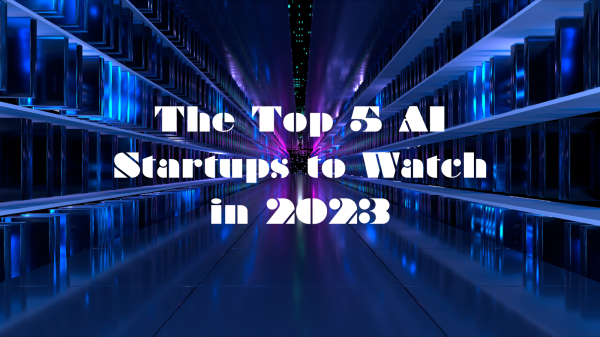
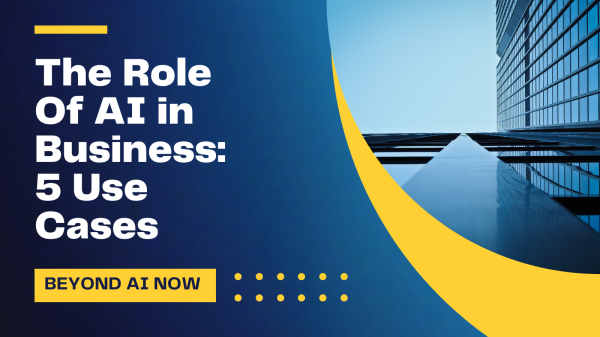
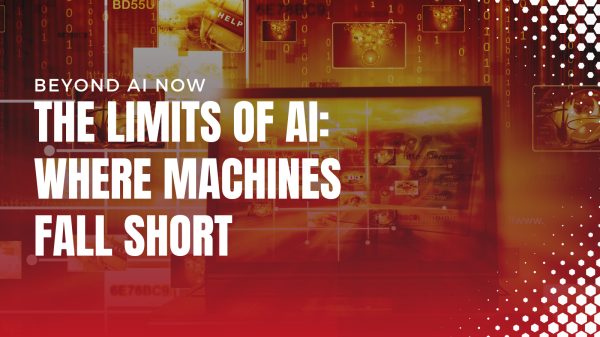






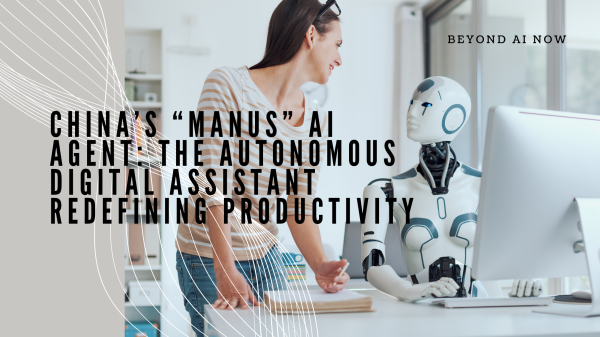
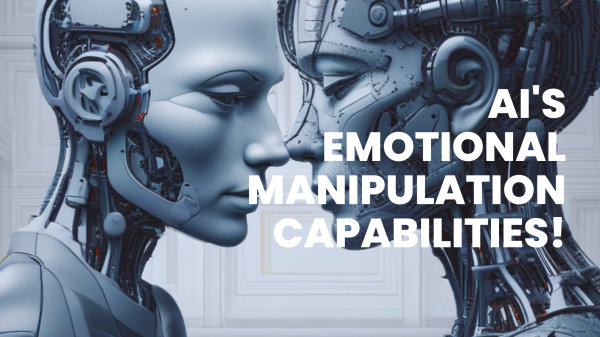
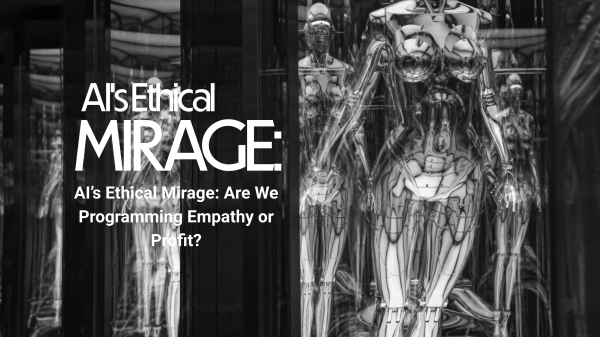



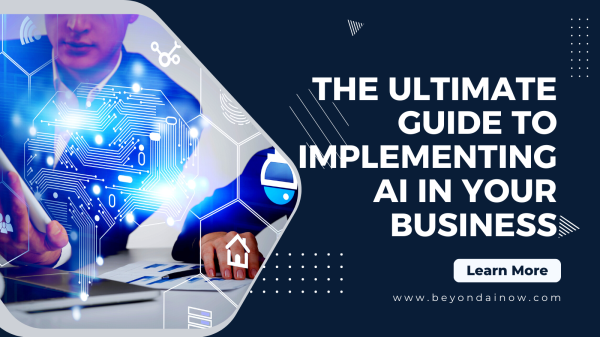

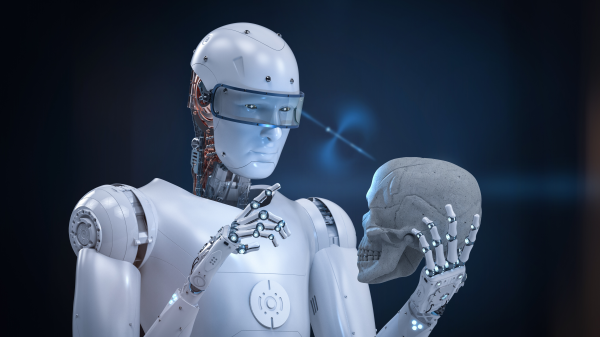










David Smith
May 5, 2023 at 4:22 am
I believe this is one of the such a lot important information for me.
And i am happy reading your article. However should statement on few normal things, The website taste is ideal,
the articles is really excellent : D. Just right process, cheers
David Smith
May 7, 2023 at 11:20 am
Greetings! Very useful advice in this particular article!
It’s the little changes that produce the most significant changes.
Thanks a lot for sharing!